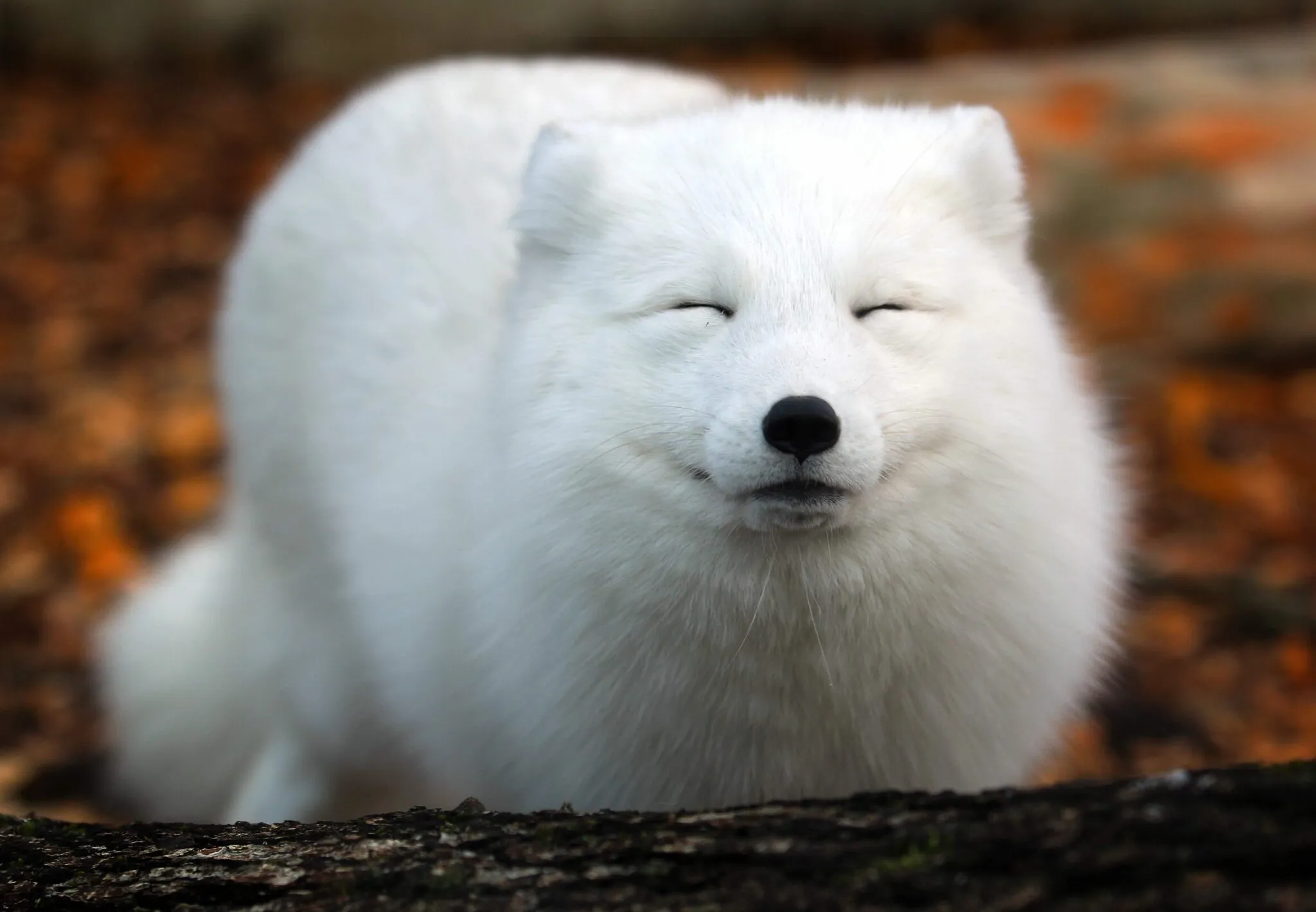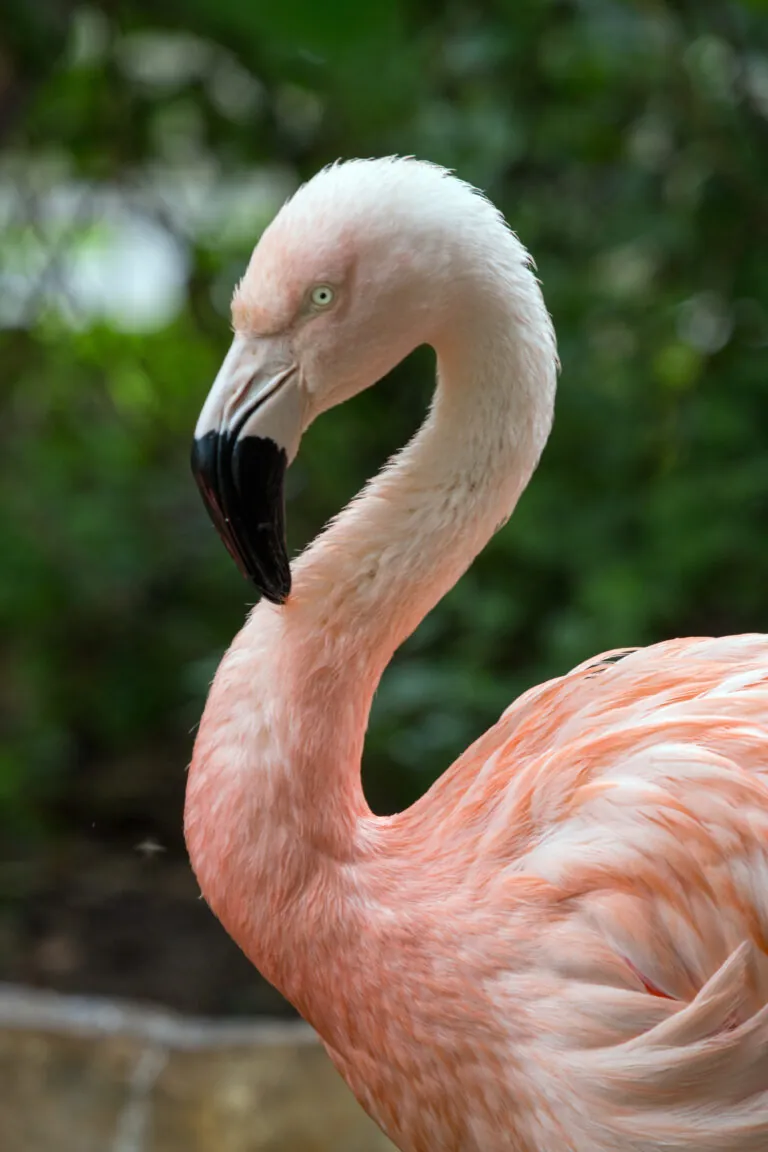The Zoo is closed Sat., Dec. 13 due to inclement weather.
-
Menu
- Plan Your Visit
- Meet The Animals
- Check Out Events
- Memberships
- About The Zoo
- Support the Zoo
- Conservation
- Education
- Groups & Private Events
- Zoo News
- Contact
- Zoo Store
- Indianapolis Prize
- Global Center for Species Survival
- Schedule
- Donate
- Membership
- Tickets

- Plan Your Visit
- Meet The Animals
- Check Out Events
- Memberships
- About The Zoo
- Support the Zoo
- Conservation
- Education
- Groups & Private Events
- Zoo News
- Contact
- Zoo Store
- Indianapolis Prize
- Global Center for Species Survival

Caring for Animals in Cold Weather
Emily Garrett | December 2, 2024
TEMPERATURE-REGULATED POOLS & HEATED ROCKS: LEARN THE WAYS WE HELP KEEP ANIMALS COZY
When winter weather settles into Indiana, there are still lots of opportunities to get outdoors and explore at the Indianapolis Zoo.
Many animals are perfectly at home in colder temperatures. Species like the Arctic fox, Amur tiger, Alaskan brown bear, California sea lion and others are native to colder climates, which makes these furry friends well adapted to handle the cold and snow.
Arctic foxes are covered in thick, snowy-white fur during seasons when temperatures are low. They also have a big bushy tail, much like red pandas, that they can wrap around their bodies for extra warmth.
We also take some additional steps to help ensure our animals — along with guests and staff — stay safe during winter.
The pools in our exhibit, Alligators & Crocodiles: The Fight to Survive, are all temperature regulated to help keep these cold-blooded animals cozy during the colder months of the year. And while they are native to warmer climates, American alligators are still well adapted for winter. When the temperatures begin dropping, so do these reptiles … into the depths of the water where they can remain submerged, only poking their snouts above the surface to breathe. In the cold, their body functions slow down, and they stay still to save energy.
Several of our other exhibits are equipped with features that help keep our animals comfortable thought the winter. For instance, one of the rocks inside the Tiger Forest is heated to give our tigers a warm, dry spot to lie down. Also, the pools in our marine mammal exhibits are temperature regulated for the animals’ comfort.
The cold temperatures are not the only concerns in the winter months. Slick conditions are also on the forefront of our minds. To keep animals safe, Zoo staff drains many of the water features in our animal habitats. If the outdoor exhibit conditions are too slick, or if the animals do not tolerate cold temperatures, animals are kept safe and warm indoors.
Throughout the year, we supplement animals’ diets with trimmings from landscaping throughout the Zoo and Gardens as well as from our greenhouses. This makes it possible for herbivores to enjoy leafy greens all year long, whether they’re indoors or out.
Zoo guests also have warm indoor options for wintry Zoo visits. The Penny & Jock Fortune International Chimpanzee Complex, Simon Skjodt International Orangutan Center, Oceans building, Deserts Dome, and Ascension St. Vincent Dolphin Pavilion all provide indoor animal encounters for visitors.

Most people probably wouldn’t think of flamingos as “winter animals,” but they are perfectly well suited to colder weather. Chilean flamingos will be outdoors and visible to Zoo guests for most of the winter.
